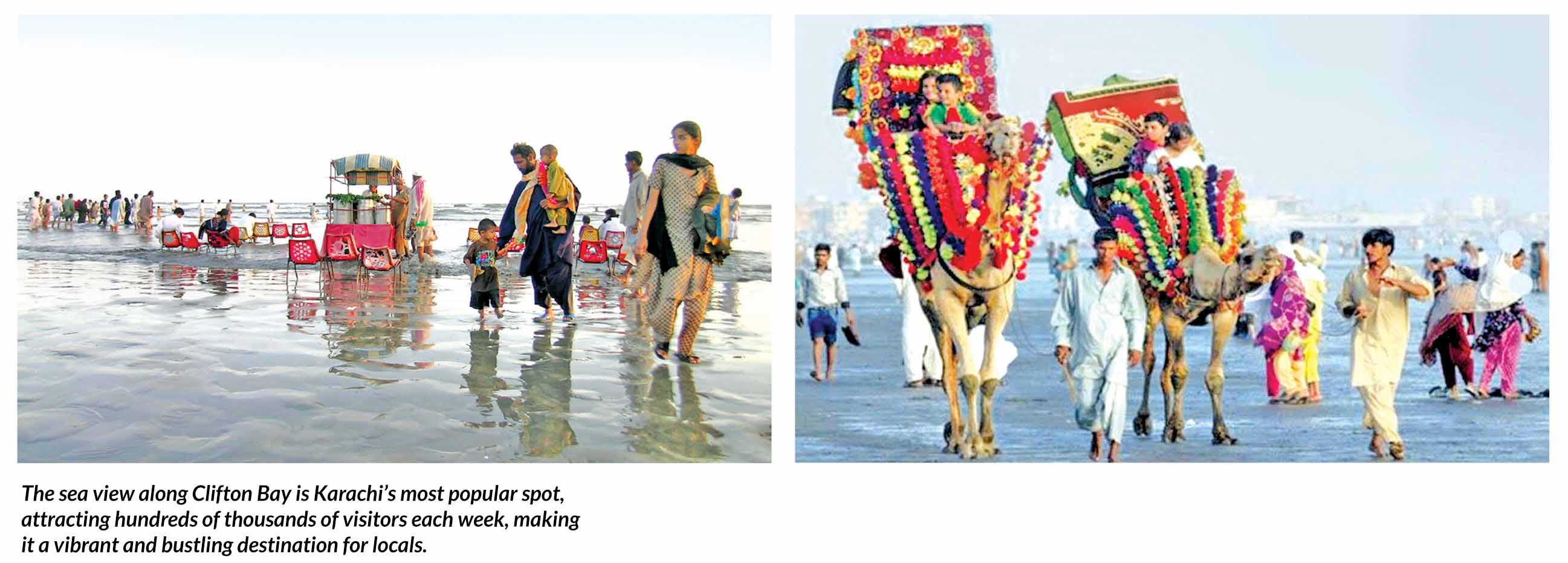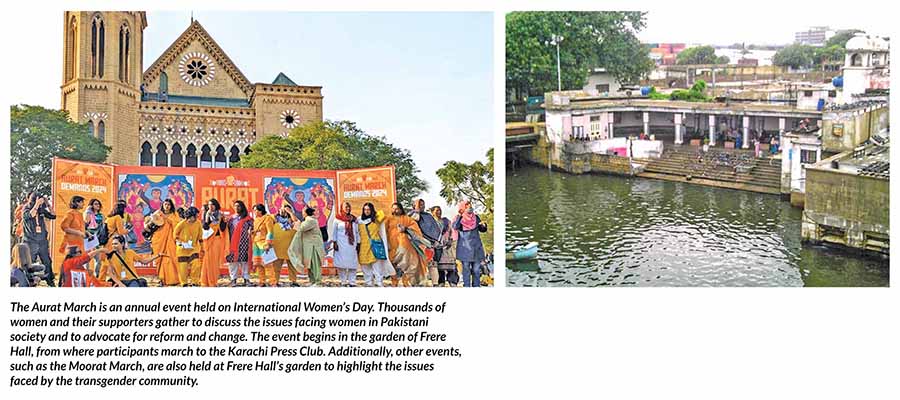| pakistan
ABOUT URBAN CULTURE
THE CITY OF KARACHI
In conversation with Arif Hasan
LA 79 |
|
Arif Hasan is an architect and planner, activist, teacher, social researcher, and writer, based in Karachi. With a background of studying architecture at the Oxford Polytechnic and working in Europe for some years, he established his practice in 1968 in the city of Karachi, which gradually evolved into dealing with national and international urban planning and development issues.
In conversation with Arif Hasan about the city of Karachi, urban culture and nature.
|
|
 |
|
What are the main stages in the natural and cultural evolution of Karachi since its formal founding in the early 18th century? Aside from its geographical setting, what salient features distinguish it from other Pakistani cities like Lahore and Islamabad?
Unlike Rawalpindi and Lahore, Karachi is a port, and its link with the ports of western India, the Persian Gulf, and East Africa has determined its development and culture. The Russian need for a warm water port (Karachi) and the British necessity to prevent it were major reasons for its development as an important trading hub frequently visited by foreign delegations. This British-Russian conflict also brought in others, such as the French, the Russians, the Afghans, and the Sikhs, in the battle for Karachi. This conflict came to be known as the Great Game.
Before the establishment of Karachi as a trading outpost, in 1729, many ports on the Indus traded with Muscat-Oman and East Africa. Some of these ports, such as Shah Bandar, Debal, and Thatta, had Hindu merchant communities who controlled the trade and hence political power as well. One such port was Karack Bandar, which was located on the estuary of the Hub River...
|
|


|
|

|
|
|
|
|